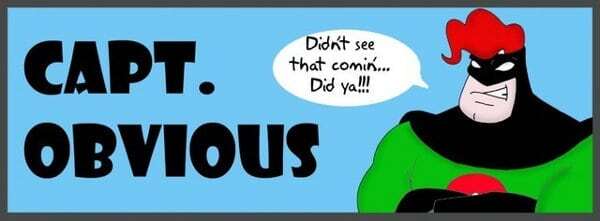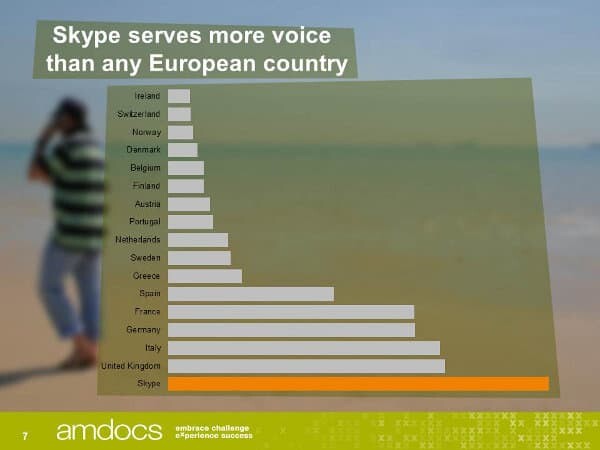Stop the whining and the outcries. Skype is an operator.

So France decided it is time to look at Skype and “check its Telco status”.
No need. I can give you the answer right away:
Skype is the largest Telco in Europe if you count the number of minutes they serve every month.
Of course the comparison isn’t a valid one, as it is apples to oranges. Skype gets those minutes from its worldwide operation, while all French operators count their minutes from France alone.
And yes, it is going to be mightily hard to get a global OTT player to adhere to local rules in each country; but then who is playing dirty here? The local Telcos, who are “protecting their turf” or the global OTT, who ignores the rules?
A hard call.
Regulation aside, let’s call the OTT by its right name. These players? Viber, Tango, WhatsApp, Line, Skype and a large number of other VoIP players are all Telcos.
Once we agree on that, we can start thinking of how the future should look like.


So what are the characteristics of telcos?
0. They provide a communications service.
1. They send you bills larded up with a whole bunch of inexplicable fees.
2. …many of which are tacked on by local, state and federal governments looking for a means to tax the “ratepayers” and subsidize favored social programs.
3. They provide a convenient means for law enforcement agencies and governments to eavesdrop on you.
4. They provide access to emergency services.
5. They are heavily regulated, in return for which they often enjoy de facto or de jure monopolies or oligopolies (access to customers through spectrum, public rights of way, etc).
6. They provide a means of identifying subscribers (for example, using telephone numbers) and provide some measure of assuring said identity.
If we were to grade Skype and most other OTT players on the above points, how would they rate?
0: Yes. 1: No. 2: No. 3: Maybe. 4: No. 5: No. 6: Yes.
On that score, I don’t think Skype sufficiently walks like a duck, looks like a duck or quacks like a duck to be considered a duck.
Telcos are not just about communications infrastructure; they are vehicles for public policy. That’s why nation states are trying to assert control over OTT players.
That’s one way to define a Telco.
MVNO’s are Telco’s as well, and they don’t always fall into the exact definitions you gave a Telco. Some of them are also a kind of OTT players – or at least offer VoIP solutions as part of their ongoing service.
Telco’s have their own OTT plays.
Skype provide means for government agencies to eavesdrop as far as I recall. Probably even more since they got acquired.
The world isn’t that black and white.
I agree that it’s not black and white. However, the point I was trying to make is that being labelled a telephone company is in the eye of the beholder. The tendency of governments everywhere is to label communications services thus in order to control them.
This is one of the reasons why WebRTC is going to give repressive regimes fits.
1